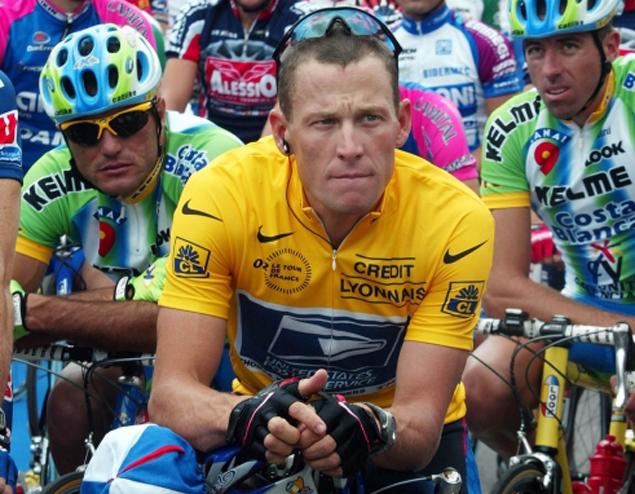Former cyclist Lance Armstrong has said he will not agree to be interviewed under oath by the United States Anti Doping Agency (USADA).
Lance Armstrong, 41, admitted taking performance-enhancing drugs during his seven of his Tour de France wins in an interview with Oprah Winfrey.
By speaking to USADA, Lance Armstrong would have been eligible to have a lifetime ban overturned.
But a statement said the former cyclist “will not participate in prosecutions… that only demonize selected individuals”.
Lance Armstrong was initially given until February 6 to meet USADA officials but was allowed a further two weeks to decide whether to be interviewed.
His statement, released by his attorney Tim Herman, said he is willing to help with the investigation but will not be interviewed by USADA.
It added: “Lance is willing to cooperate fully and has been very clear: He will be the first man through the door, and once inside will answer every question, at an international tribunal formed to comprehensively address pro cycling, an almost exclusively European sport.
“We remain hopeful that an international effort will be mounted, and we will do everything we can to facilitate that result.
“In the meantime, for several reasons, Lance will not participate in USADA’s efforts to selectively conduct American prosecutions that only demonize selected individuals while failing to address the 95% of the sport over which USADA has no jurisdiction.”

Lance Armstrong was charged by USADA in June 2012 with using performance-enhancing drugs.
He filed a lawsuit against the organisation the following month, accusing them of “corrupt inducements” to other cyclists to testify against him.
However, Lance Armstrong then announced in August that he would not fight the doping charges filed against him, and was given a life ban by USADA and stripped of his Tour de France titles.
The findings were accepted by the International Cycling Union.
Lance Armstrong, who retired from cycling in 2005 but returned to the sport between 2009 and 2012, has called for a ‘truth and reconciliation commission’ overseen by the World Anti-Doping Agency to look into the issue of doping in the sport.
